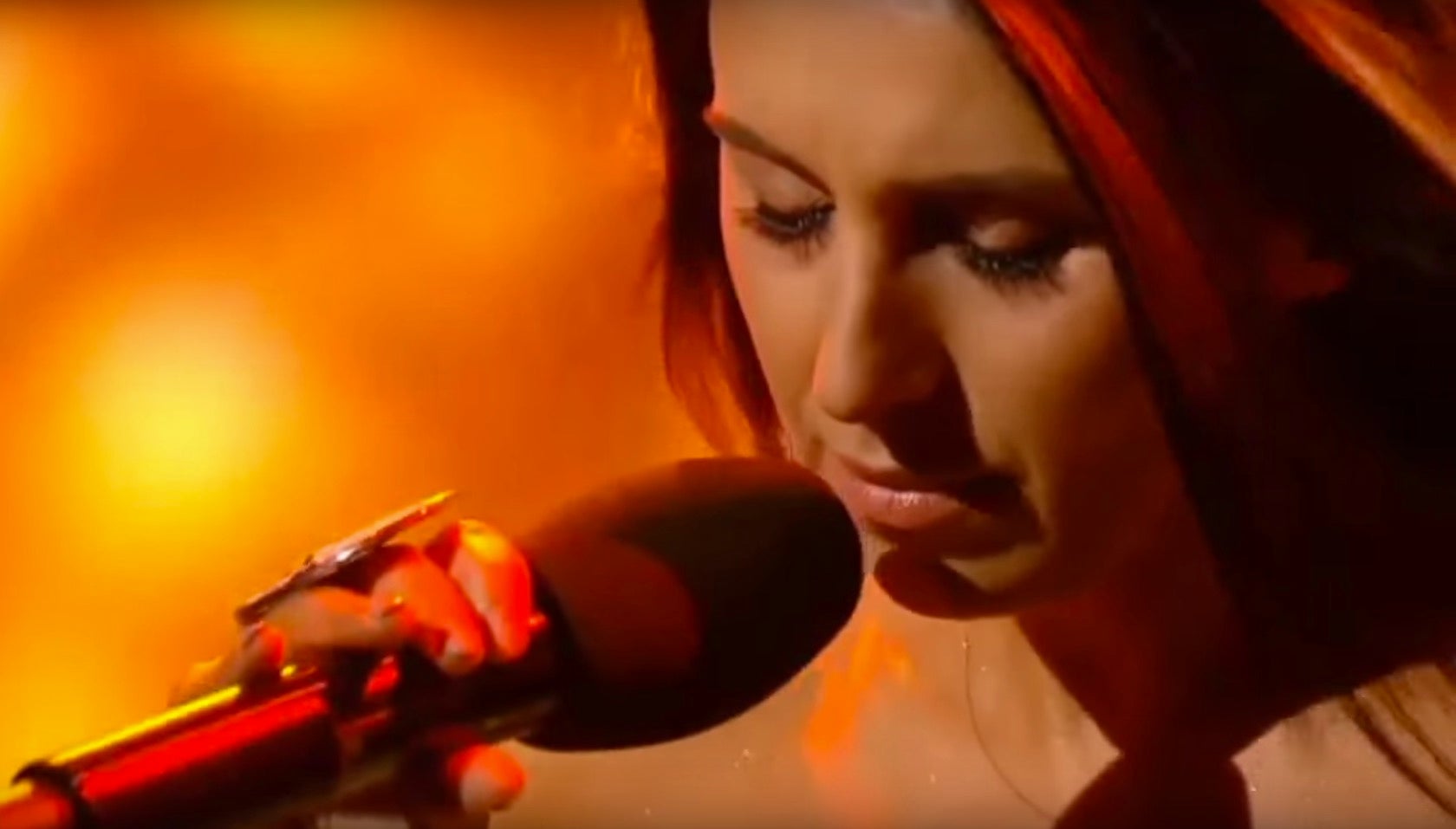Eurovision 2016: Over to you, Russia: Ukraine’s song is about the mass deportation of Tatars under Stalin
'When strangers are coming, they come to your house, they kill you all and say ‘We’re not guilty’'

The Eurovision Song Contest has always been this political, but maybe never so overtly.
Ukrainian citizens have this year chosen a Crimean Tatar singer and her song about the mass deportation of Tatars under Josef Stalin as their entry
Susana Jamaladinova, who performs under the stage name Jamala, was chosen on Sunday night by the combined votes of a three-person jury and 380,000 votes from viewers watching the televised final round.
Her song, 1944, refers to the year in which Stalin uprooted Tatars from their homeland and shipped them in badly overcrowded trains to Central Asia. Thousands died during the journey or starved to death on the barren steppes after they arrived. They were not allowed to return to Crimea until the 1980s.
Despite the heavy subject matter, the song - in typical Eurovision fashion - musically has an upbeat pop flavour.
“When strangers are coming, they come to your house, they kill you all and say ‘We’re not guilty’,” the song begins.
“That terrible year changed forever the life of one fragile woman, my great-grandmother Nazylkhan. Her life was never the same,” Jamaladinova, who was born in Kyrgyzstan, said before the broadcast.
The song lyrics do not touch on Russia’s annexation of Crimea two years ago, but entering the singer in the hugely popular song contest could raise the issue by implication. Crimean Tatars, who are a Turkic and mostly Muslim ethnic group, say oppression against them has increased since Russia annexed the peninsula.
“There is no mention there about occupation or other outrages that the occupants are doing in our motherland; nevertheless it touches on the issue of indigenous people who have undergone horrible iniquities,” said Mustafa Jamilev, leader of the Crimean Tatars.
Eurovision rules prohibit songs with lyrics seen as having political content. In 2009, less than a year after Georgia and Russia fought a brief war, the competition disallowed Georgia’s proposed entrant because the group’s song lampooned Russian President Vladimir Putin. Ukraine’s 2005 entrant Green Jolly was told to rework the lyrics of its song, Razom Nas Bahato, which was an anthem of the previous year’s Orange Revolution protests.

Watch Apple TV+ free for 7 days
New subscribers only. £8.99/mo. after free trial. Plan auto-renews until cancelled

Watch Apple TV+ free for 7 days
New subscribers only. £8.99/mo. after free trial. Plan auto-renews until cancelled
The Eurovision final round with competitors from around the continent takes place in Stockholm in May.
Additional reporting by AP
Subscribe to Independent Premium to bookmark this article
Want to bookmark your favourite articles and stories to read or reference later? Start your Independent Premium subscription today.

Join our commenting forum
Join thought-provoking conversations, follow other Independent readers and see their replies